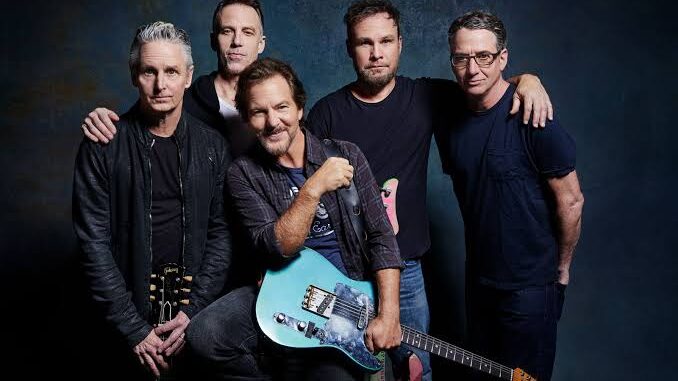
Ringo Starr has long been seen as the most easygoing of the Beatles—a peace-loving, funny, and often understated presence. But like any public figure, he hasn’t been immune to criticism. One story that’s often repeated is that Ringo behaved poorly at public events, particularly in the 1980s and early 1990s. But how much of it was really true?
Much of the criticism stemmed from Ringo’s well-documented struggles with alcoholism during that period. He and his wife, actress Barbara Bach, entered rehab together in 1988—a pivotal moment that Ringo later credited with saving his life. In interviews, he’s been candid about how years of excessive drinking had affected both his behavior and his memory. “I was a drunk,” he said in later years. “I don’t remember much of the 1980s.”
Tabloid reports from the time painted a picture of a rock star past his prime—alleging Ringo was loud at parties, erratic at public events, or visibly intoxicated. But most of these stories were either exaggerated or based on fleeting encounters. There was little substantial evidence of anything truly scandalous. In reality, much of the criticism was amplified by a media culture eager to knock down once-idolized figures.
What stands out more is how Ringo responded. After achieving sobriety, he didn’t shy away from his past. Instead, he used it as a springboard for transformation. He founded the All-Starr Band in 1989, bringing together talented musicians for joyful, collaborative tours. He embraced a lifestyle rooted in wellness, daily meditation, vegetarianism, and his signature call for “peace and love.”
For fans and observers alike, Ringo’s story is not one of disgrace, but of growth. He turned a dark chapter into a platform for positivity—and, in doing so, cemented his place not just in music history, but as a symbol of personal resilience.
✨ Ringo Starr today is not just the drummer of the Beatles—he’s a survivor, a seeker, and an enduring force for joy.
—
Leave a Reply